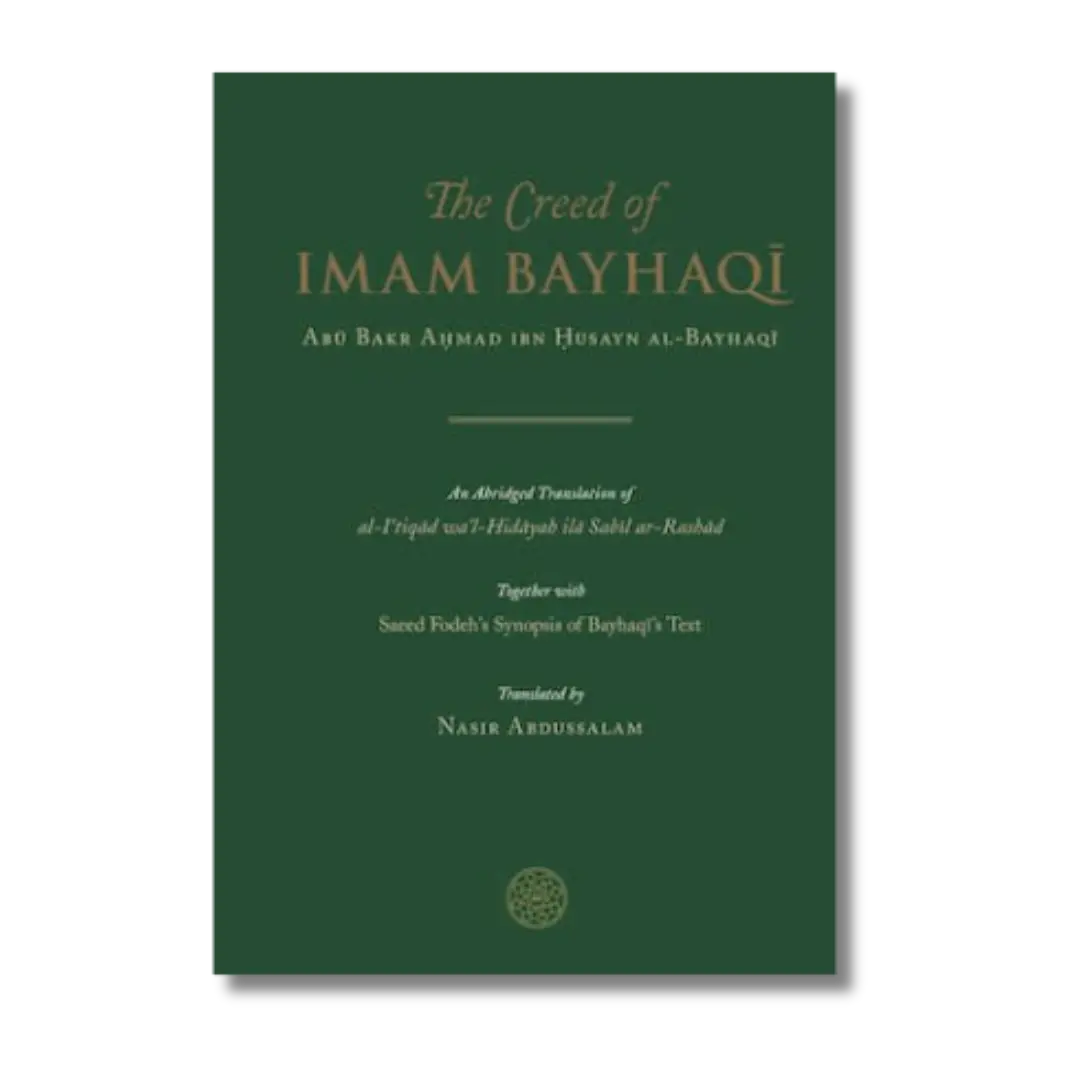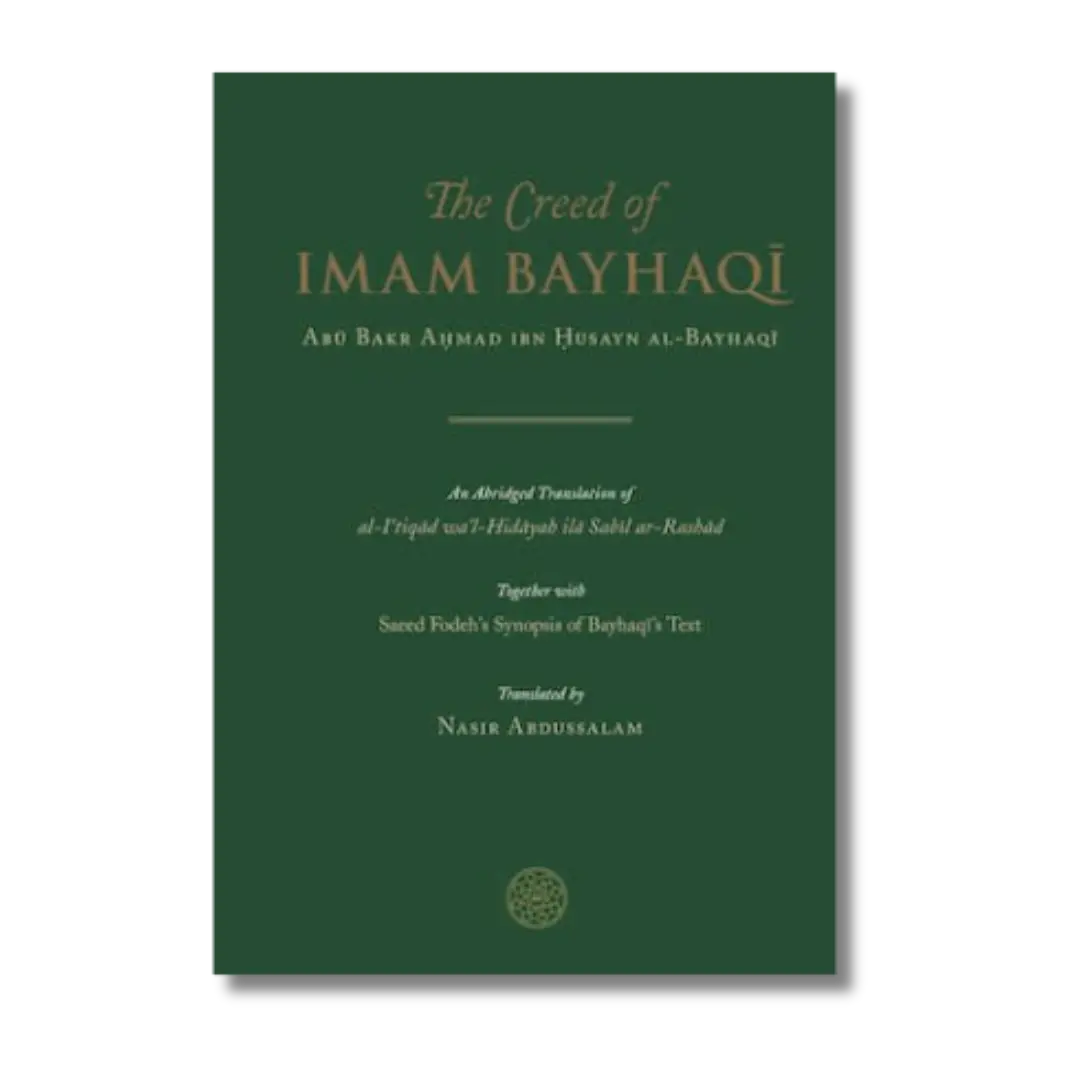
Detailed Description
Allah (swt) says in the Qurʾān ﴾Say: We believe in Allah and what has been sent down to us﴿ (2:136). Therefore it is understood by the scholars of Islam that the ‘first obligation’ for a responsible adult is to know Allah. Abū Dāwūd narrates, in his <em>Sunan</em>, that the Messenger of Allah (swt) said, ‘The Jews split into 71 or 72 sects; the Christians split into 71 or 72 sects; and my community will split into 73 sects.’ Consequently, the Muslim community has diligently strived to preserve the correct theology of Islam, and this translated work is one exposition of the Sunni creed.
The author describes this treatise as ‘a work on the subject of what the morally responsible needs to know concerning the foundations of knowledge and its derivatives… along with pointing out some of its evidences in a concise manner’. So the work covers essential tenets of faith concerning Allah (swt), His Messenger (saw), the beatific vision of Allah in the Hereafter, predetermination, the natural predisposition to Islam, His angels and Books, the punishment in the grave, the Resurrection, Paradise and Hell, the law of obeying rulers, miracles of the saints, the Companions, the Prophet’s family and the caliphates of Abū Bakr, ʿUmar, ʿUthmān and ʿAlī (rad)
Imam Bayhaqī (384-458 AH) was a great Hadith master and Shāfiʿī jurist, who was praised by Dhahabī as ‘Shaykh of Islam’ and ‘unequalled in his age’ (<em>wāḥid zamānih</em>). He authored monumental works on Hadith and Islamic law, as well as important books of theology (in which he represented an early Ashʿarī persuasion).




